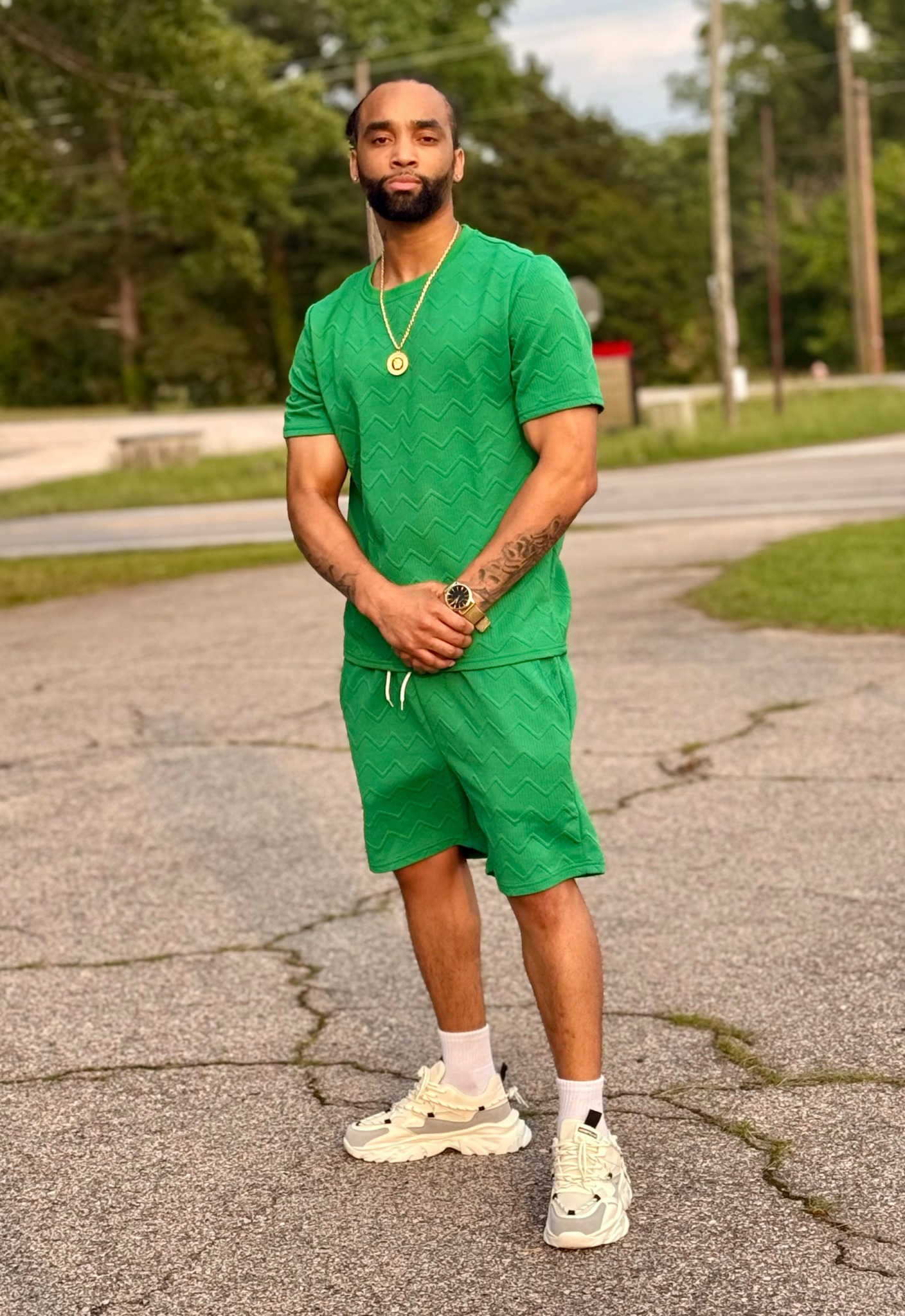We recently connected with James Badue and have shared our conversation below.
Alright, James thanks for taking the time to share your stories and insights with us today. We’d love to have you retell us the story behind how you came up with the idea for your business, I think our audience would really enjoy hearing the backstory.
It began when I met my father-in-law, Calvin. At the time, I was pouring myself into the fight for justice — working with the NAACP, nonprofits, and community initiatives. I thought that was the only way to create change. But Calvin? He handed me something deeper. One day, he put my hands in the soil and began teaching me — not just about plants, but about power.
That moment changed everything. Because through that soil, He showed me the difference between freedom and liberation. Freedom is something you fight for within a broken system. Liberation? That’s what you build with your own hands. That’s what lives outside of what tries to contain you. And when he passed, we knew this wasn’t just a dream we picked up — it was a torch we were meant to carry.
The dream and name Heartland Oasis Farms was born from vision. Calvin and my mother-in-law, Nicole, came up with it together — a name that speaks to both where we’re rooted and what we’re creating: an oasis in the heart of our land, our lives, and our lineage.
Since then, this vision has become a full family movement. My mother-in-law, Nicole, who owns the land we live on, is both a co-visionary and a co-creator. She’s invested her heart and her resources to help bring this to life, not just as a project, but as a form of restoration — for our family and for our community.
My wife, Aaya, brings the vision to the world. She’s the brand architect — shaping the story, creating content, and building the bridge between what we do on the land and how people connect with it online. She’s making our farm not just visible, but relatable — especially for women and families looking for ways to reconnect with the earth and themselves.
As for me, I’m in the soil daily. I operate the farm, manage the systems, and carry the hands-on side of the dream. I’m also a co-visionary — always asking how we can deepen our impact and expand this into something bigger than ourselves.
Our children are part of this too. They help with planting, feeding, observing — learning that food doesn’t just appear; it grows, and so do we.
Together, we’re not just running a farm. We’re building a blueprint. A family-first, community-rooted, intergenerational model of what it looks like to reclaim land, redefine success, and restore what was lost. From microgreens to lavender, from eggs to fiber crops, every step we take is part of a bigger ecosystem — one that’s just as much about wholeness as it is about harvest.
What we’re doing isn’t perfect, but it’s worth it. And our hope is that our story reminds other families: you don’t have to wait for permission to build something. You already have the power. Sometimes it just starts with putting your hands in the soil.
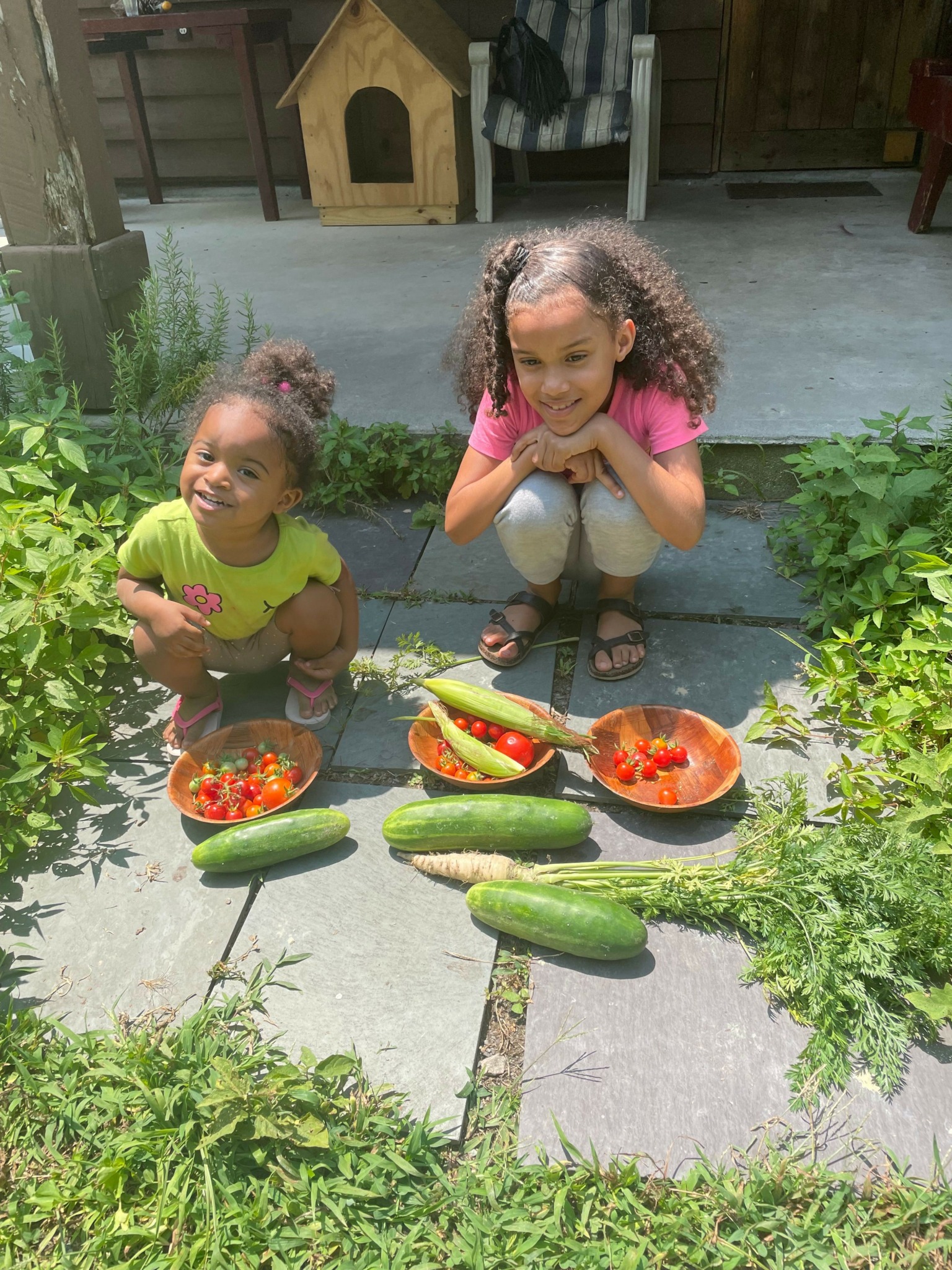
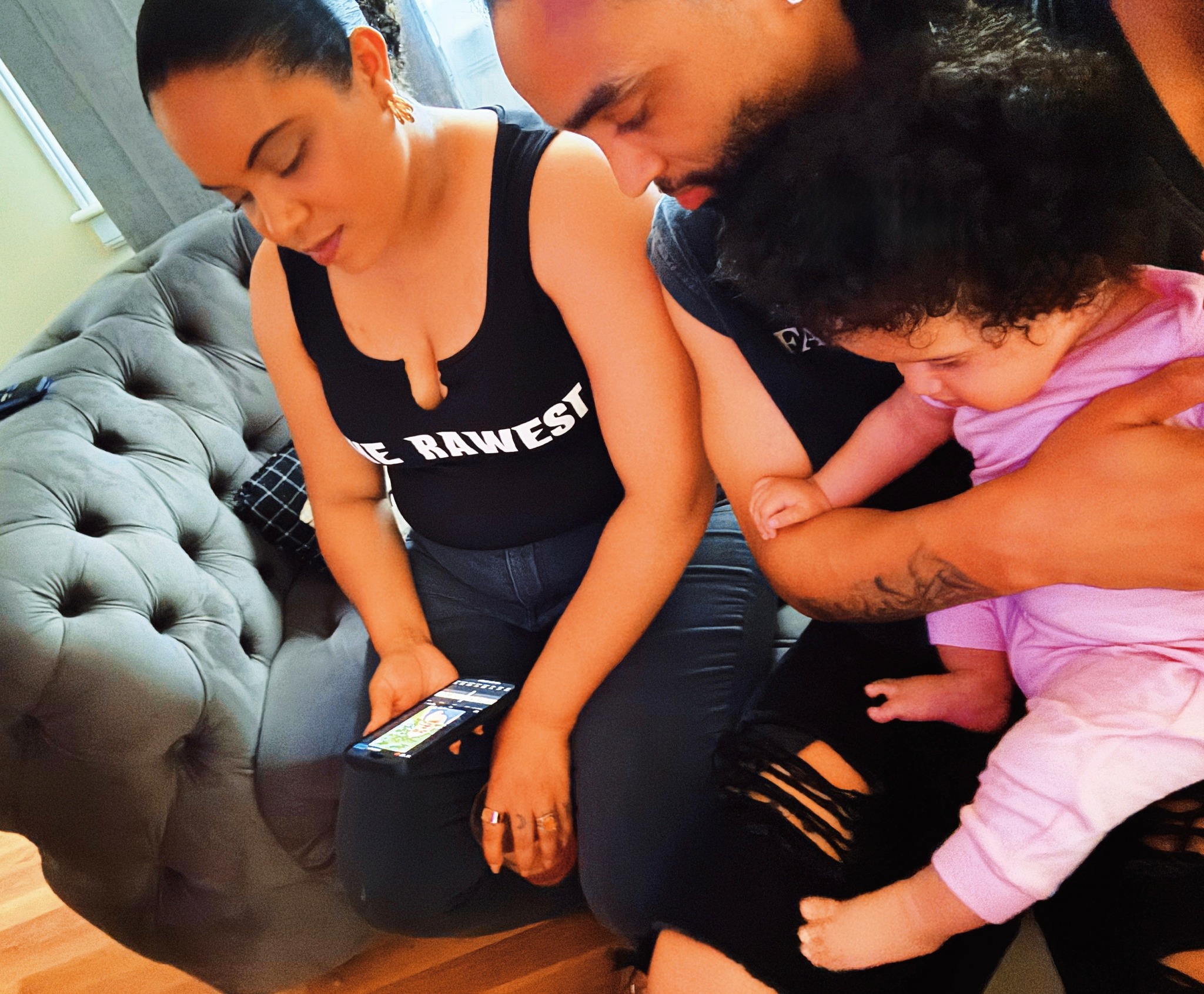
As always, we appreciate you sharing your insights and we’ve got a few more questions for you, but before we get to all of that can you take a minute to introduce yourself and give our readers some of your back background and context?
My name is James Badue, and I’m the co-visionary and farm operator of Heartland Oasis Farms. But more than that, I’m a husband, a father of six, a spiritual man, and someone who knows what it means to start again — from scratch, from pain, and from purpose.
This didn’t start with a business plan. It started with a breaking point. I had spent years fighting for change — organizing, advocating, working with organizations like the NAACP and other community-centered initiatives fighting for justice, trying to shift systems that were never built for us. I realized I was always in reaction mode — then one day, my father-in-law, Calvin. He brought me to the land. That one moment unraveled everything I thought I knew about power. He showed me that true liberation starts with learning how to sustain yourself — how to grow, to feed, to build from the ground up.
This isn’t just about farming. It’s about reclaiming dignity. About creating systems our family — and others like ours — can depend on. We’re focused on regenerative practices that restore the soil, not deplete it.
We’re in the early stages of building. Right now, we’ve started with microgreens — fast-growing, nutrient-packed, and a perfect first step for families like ours stepping into food sovereignty. But the vision stretches far beyond that. We’re preparing to raise chickens, keep bees for honey, grow herbs like lavender, and eventually raise sheep and cultivate flax for natural wool and fiber-based goods. We’re also working toward developing value-added products — teas, oils, soaps — items that hold more than just use; they carry intention, healing, and story. Last but not least, we are working on building a black supply chain.
Beyond the food and products, we want this to be a gathering place. We plan to host jazz concerts, offer community classes on things like growing microgreens and living more sustainably, and hold space for people to connect — not just with the land, but with each other. This is about restoring culture as much as it is restoring soil.
What sets us apart is that this isn’t a business we’re running — it’s a life we’re living. We’re not coming at this with polished perfection or corporate backing. We’re building from the ground up — as a real family, with real grit, making real change. We’re not romanticizing farming; we’re reclaiming it. And we’re inviting others to do the same — to see that it’s possible to grow legacy, healing, and freedom one step at a time.
The thing I’m most proud of? It wasn’t a harvest or a product. It was watching my 3-year-old son press his hand into the soil — the same way my father-in-law once placed mine there. That moment hit me different. That’s legacy. That’s the reason for all of this.
Our farm isn’t built on perfection — it’s built on redemption. I’ve been incarcerated. I’ve struggled. I’ve started over. But now, we’re turning our land into legacy — and creating something that can’t be taken away. That’s what I want people to know: your past doesn’t disqualify you from building a sacred future.
So whether someone is a potential customer, supporter, or fellow dreamer, I hope they see Heartland Oasis Farms as more than a place to buy food. I hope they see it as a reflection of what happens when faith meets soil, when families lead together, and when freedom stops being a theory and becomes a practice.
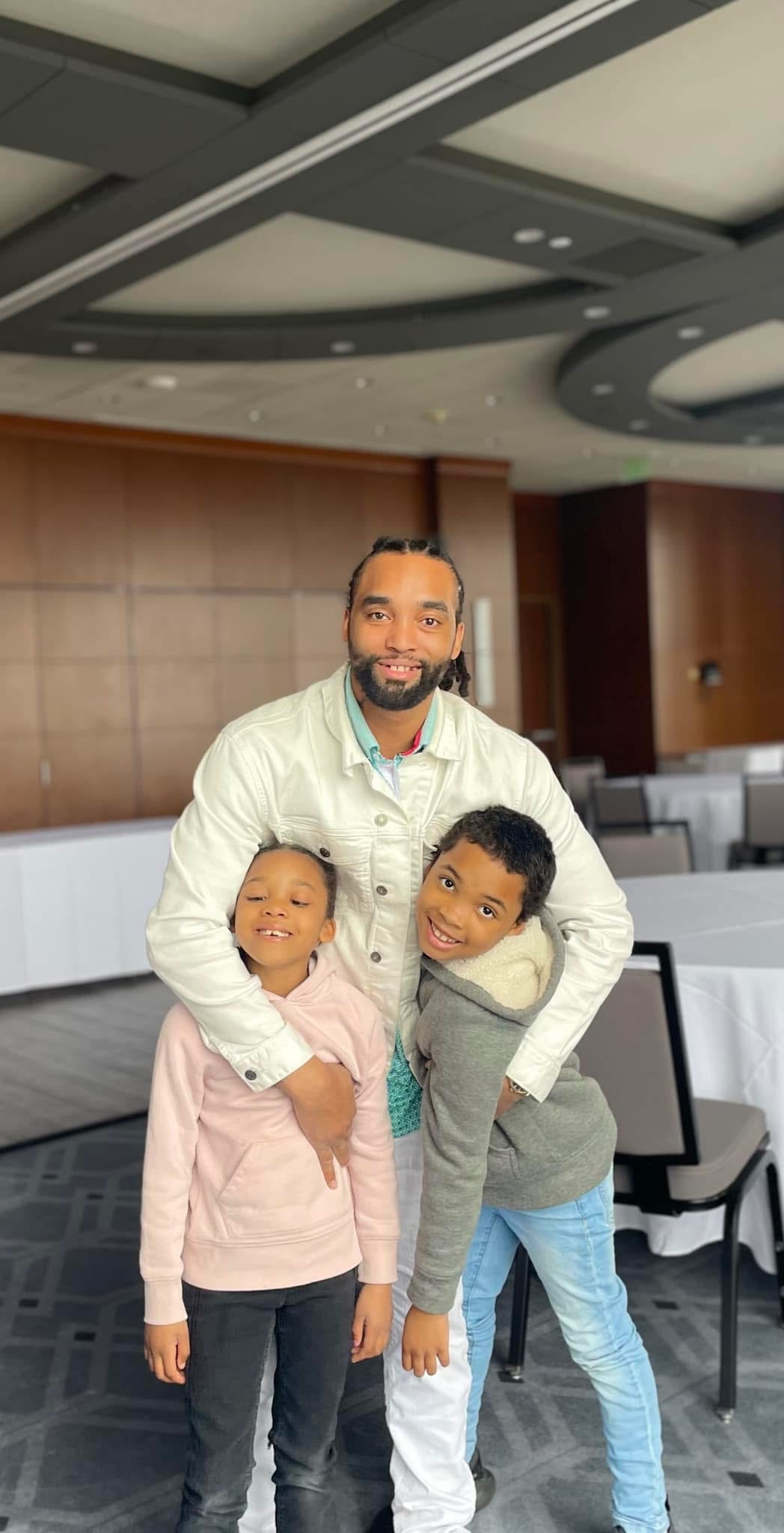
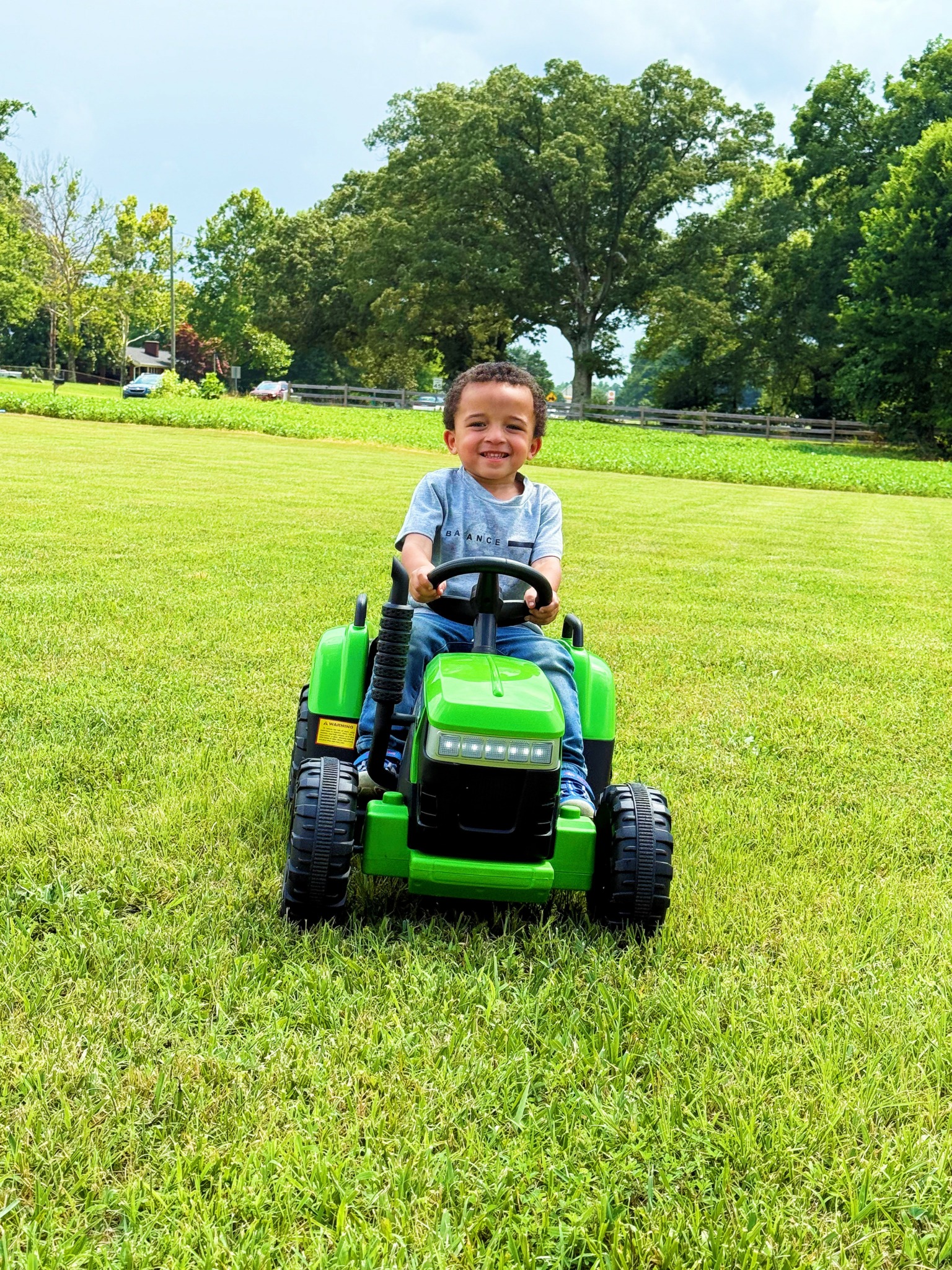
What’s a lesson you had to unlearn and what’s the backstory?
One of the hardest lessons I had to unlearn was thinking I had to save the world before I saved my own house.
When I came home from incarceration, I had so much fire in me. I wanted to make things right. I wanted to heal the community, help the next man coming out, create opportunities, change the system. I dove straight into the work — organizing, speaking, showing up for everybody but myself. I was everywhere but home.
I thought that’s what the revolution looked like — being on the frontlines, pushing change, being seen. But over time, I realized I was pouring into everything around me while my own cup — my family, my peace — was running low.
The truth hit me hard: The real revolution starts at home. Not in the streets. Not in the spotlight. Right at the dinner table. In how I show up for my wife. In how I father my kids. In how I treat the people closest to me. Because if I’m out here trying to build a better world but neglecting the world I live in every day, I’m missing the point.
That shift changed everything. Now I know — healing my family is healing the community. Teaching my kids how to grow food, how to love themselves, how to trust God — that’s radical. That’s revolutionary.
And that’s what I’m building now. From the ground up. At home first.
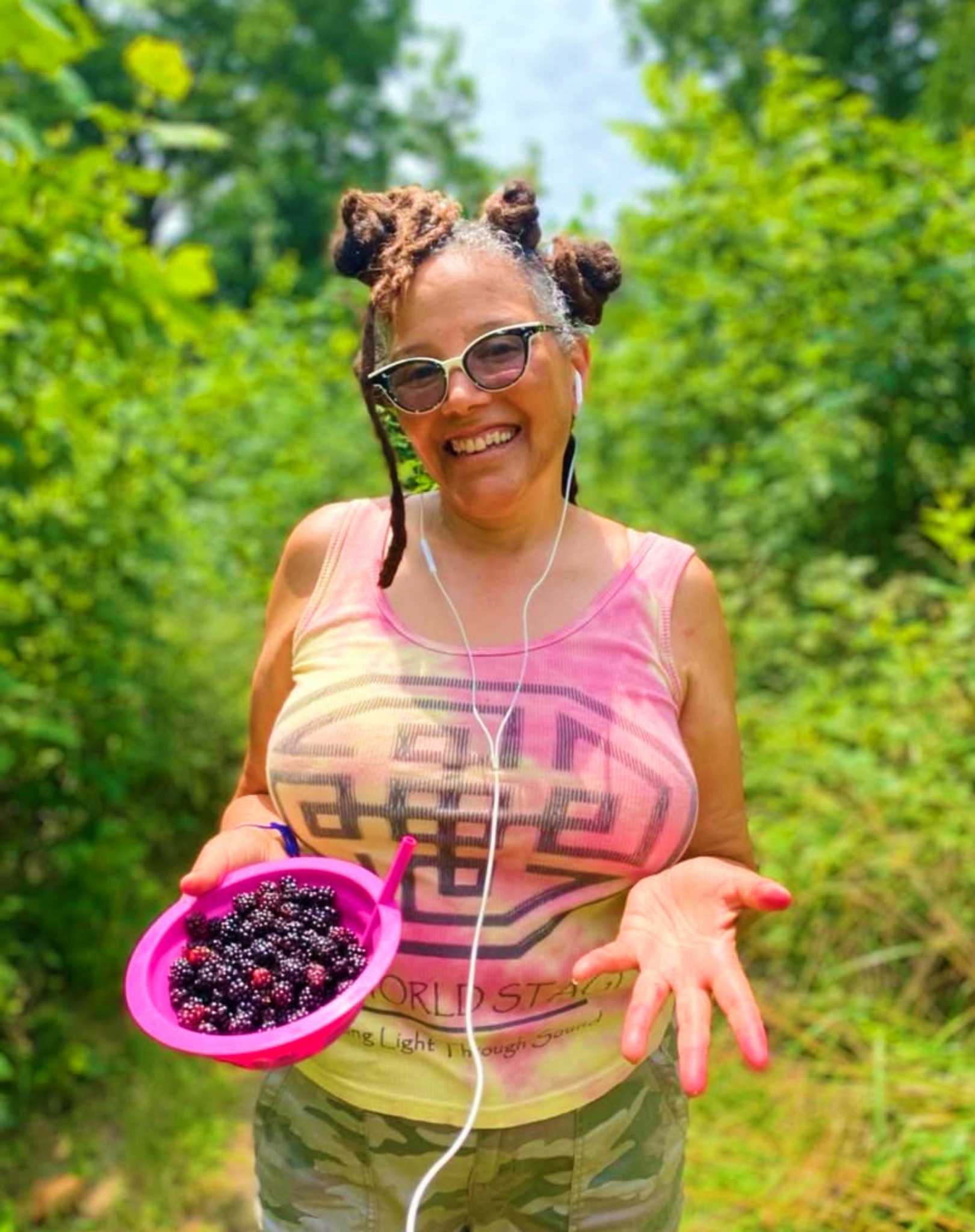
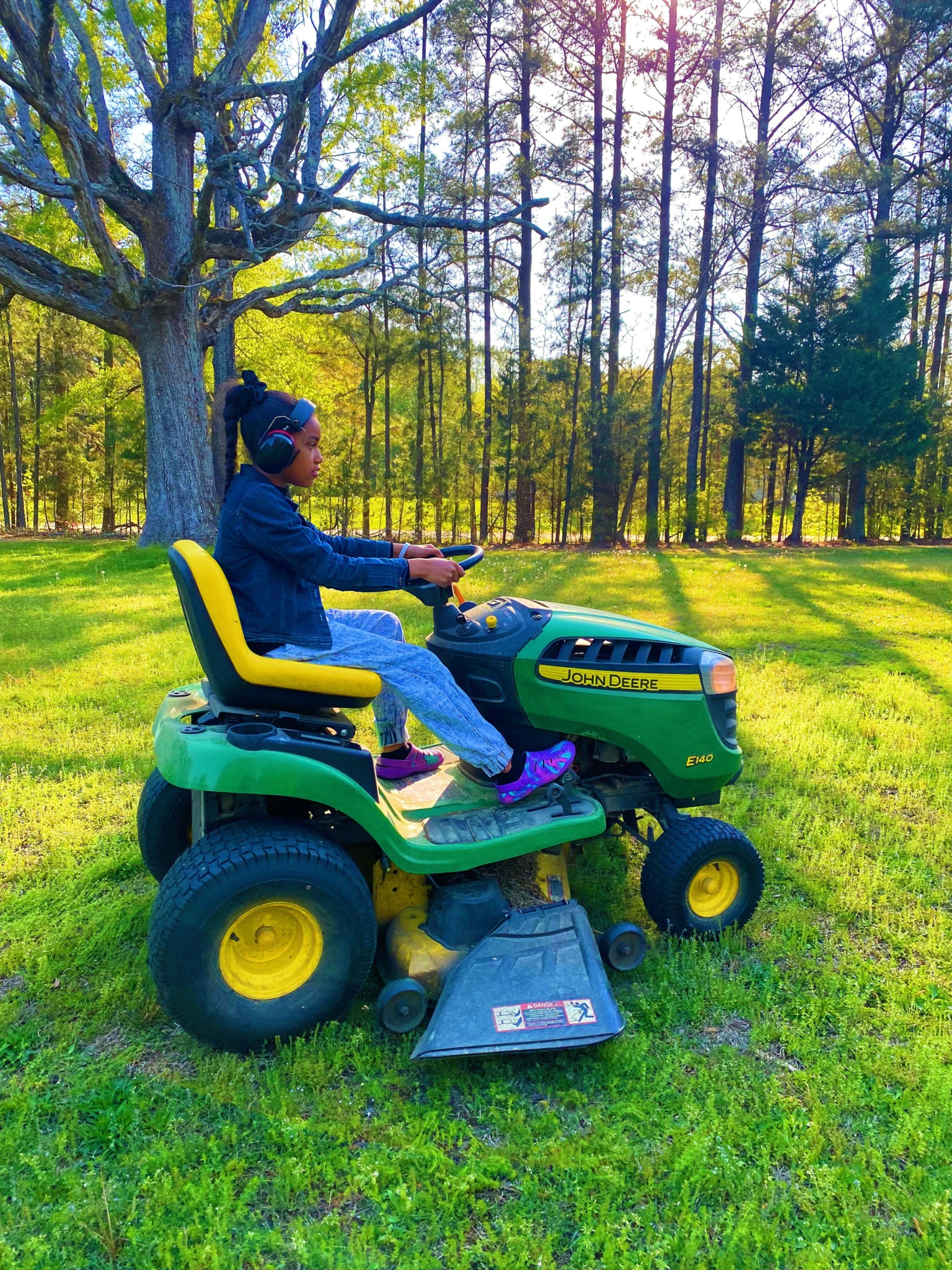
Let’s talk about resilience next – do you have a story you can share with us?
There’s a lot I could say, but the moment that showed me what resilience really looks like was the day after my stepfather married me and my wife — he passed away.
He stood with us as we made one of the most sacred commitments of our lives. And the next day, he was gone. Just like that. One of the most joyful, grounding moments I’ve ever had collided with one of the most painful. I didn’t get time to sit in it. Life didn’t slow down. I had to keep showing up — for my wife, for my mother-in-law, for our kids, for the weight of that loss — even while my heart was still trying to make sense of it all.
That moment broke me open, but it also solidified something in me. I realized resilience isn’t always loud. Sometimes it’s just continuing to show up — for your family, for your vision, for yourself — even when life feels heavy. It’s learning how to build with one hand and heal with the other.
I’ve had to rebuild from the ground up before — after incarceration, after setbacks, after loss. But this was different. This was spiritual. It reminded me that resilience isn’t about bouncing back. It’s about rooting deeper. It’s learning how to let pain refine you instead of define you.
That moment didn’t break me. It planted me.
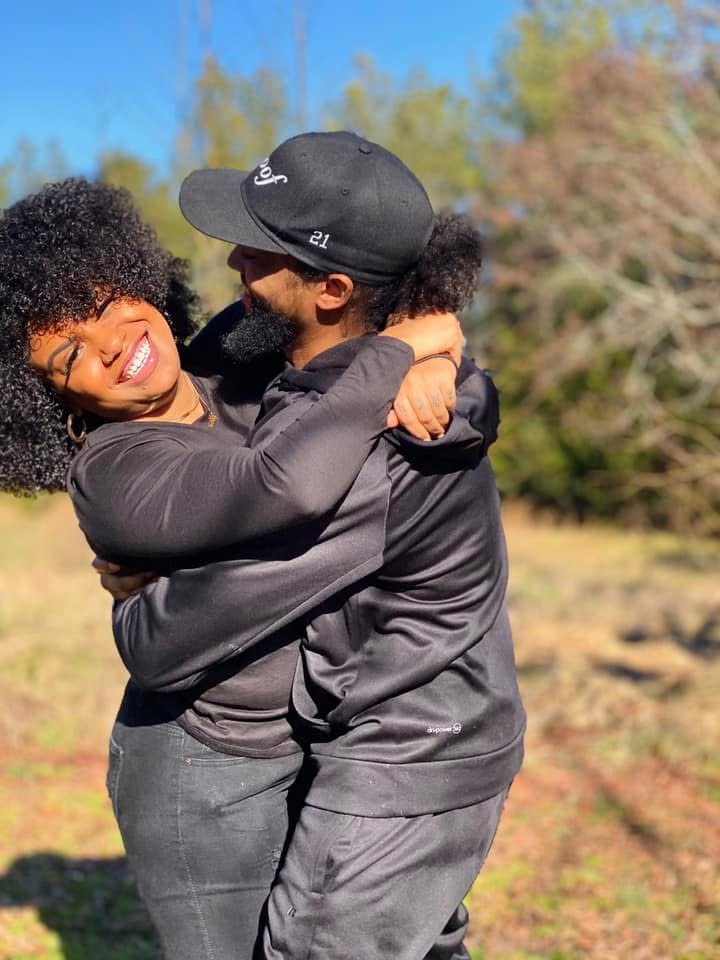
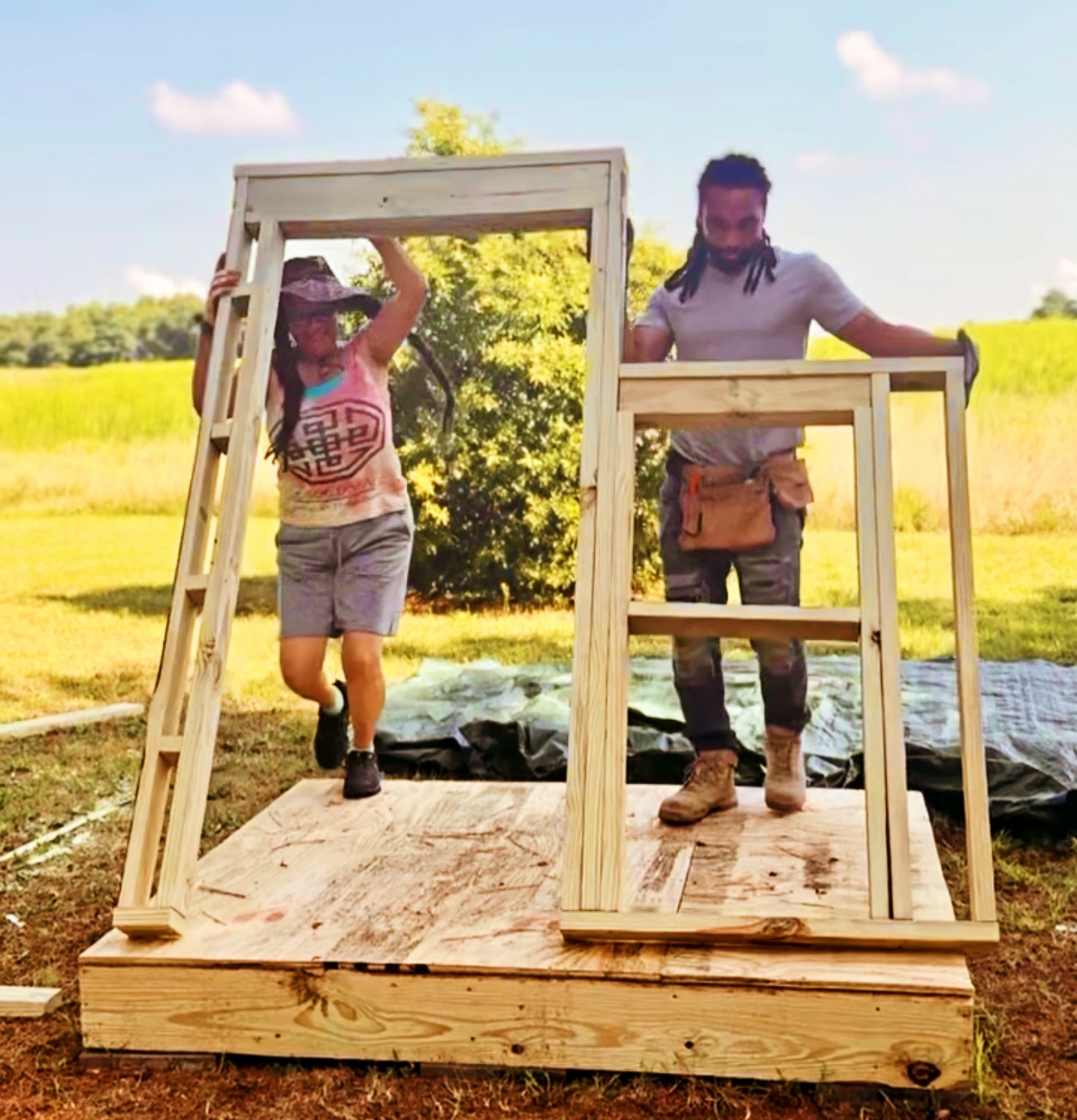
Image Credits
Heartland Oasis Farms


